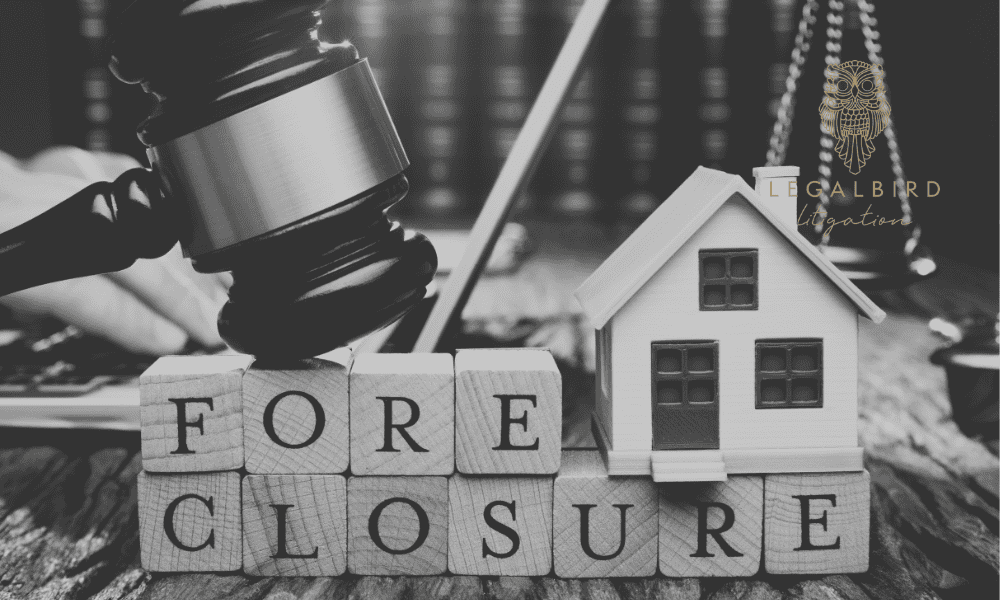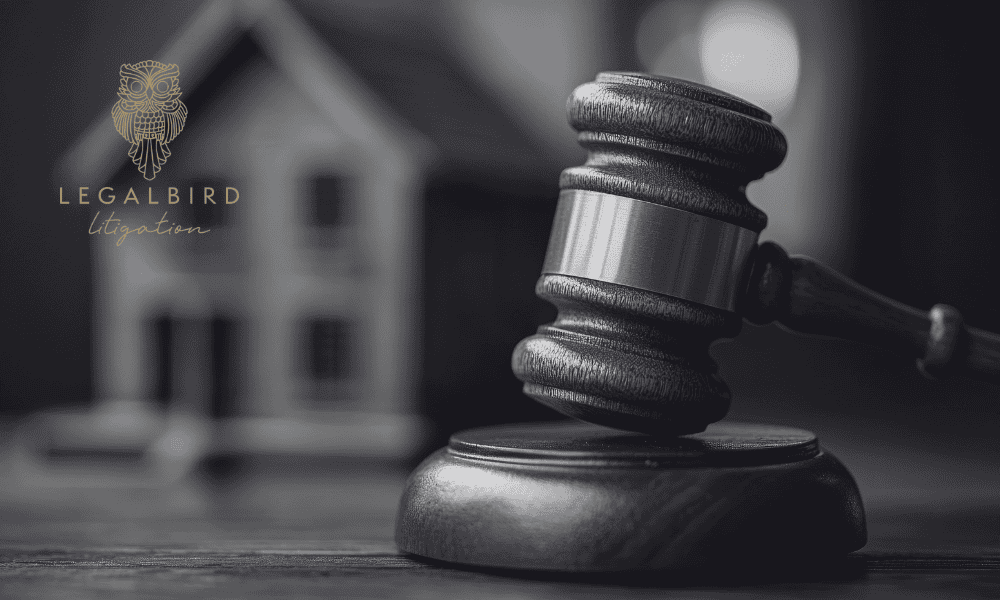
Recent cases involving breaches of commercial leases in British Columbia (such as this one) are informative for both landlords and tenants when navigating commercial leasing breaches—and the potential remedies for disputes.
Commercial leases can be complex. It is essential to understand both your rights and obligations as a landlord or tenant before signing any contracts. This article outlines some of the key information you need to know about your legal rights and channels for remedies for breaches.
What is a commercial lease?
A commercial lease is a legally binding contract between a landlord and a tenant. Under the terms of the contract, the tenant has the right to use a specific commercial property for a stated purpose and period at an agreed-upon rate.
Commercial leases present risks for both the landlord and tenant as they are less heavily regulated by statutory legislation than residential leases. Commercial landlords, in particular, generally have greater leeway when negotiating terms.
Seeking legal assistance when drafting or reviewing commercial lease agreements is, therefore, essential before negotiating and signing contracts.
Understanding commercial leasing disputes
If a landlord and tenant disagree about the essential terms, conditions or performance of the lease agreement, a commercial leasing dispute can arise.
Many disputes center on the non-payment of rent or unauthorized property usage/alterations. Unless the parties can settle these differences through discussion or alternative dispute resolution, legal intervention may be required.
Skilled commercial leasing dispute lawyers, with knowledge and experience in the relevant legislation and administrative boards, can help resolve these disputes. Without the benefit of legal counsel, disputes can spiral into lengthy litigation and court proceedings, increasing costs, delays, disruption, and stress.
A commercial leasing lawyer can help resolve even complex disputes using alternative dispute resolution methods that reduce costs and disruption, such as:
- Negotiation between lawyers: This is often the first and most cost-effective step.
- Mediation: This is where a neutral third party facilitates the landlord and tenant in reaching a mutually acceptable resolution.
- Arbitration: If the lease includes an arbitration clause, disputes over rent, renewal or use of the premises may be resolved privately and bindingly through a hearing before an arbitrator.
If one party to a commercial contract demonstrates a clear intention not to perform their obligations, it is termed “repudiation”.
With commercial leases, for instance, the tenant may refuse to pay rent or the landlord may refuse to make renovations to the property as agreed.
Mitigation of losses in BC
In British Columbia, if the tenant repudiates the commercial lease and the landlord does not accept the repudiation, the landlord does not have a “duty to mitigate”. This means that the landlord can refuse to accept the repudiation and insist that the tenant continues to perform the terms of the commercial lease. The landlord does not need to take any steps to re-let the premises and is permitted to sue the tenant for the unpaid rent.
A court decision known as the “Highway Decision” stated: “Where a landlord refuses to accept a tenant’s repudiation of a commercial lease and insists on performance, there is no duty on the landlord to mitigate”.
Depending on circumstances, if the tenant repudiates a commercial lease, the landlord does not need to accept it and should begin by reminding the tenant of its obligations under the lease. The landlord can then pursue legal action if the situation persists.
Repudiation of a commercial lease in BC
The landlord’s remedies in BC
Ultimately, if a tenant repudiates a commercial lease, the landlord has two immediate options:
- Accept the repudiation – If the landlord accepts the tenant’s repudiation, the lease is terminated. The landlord can, however, sue for damages, including unpaid rent and future losses. Under the common law principle of mitigation in breach of contract, the landlord has the responsibility to mitigate losses in this situation.
- Affirm the lease – If the landlord does not accept the repudiation and, instead, affirms the lease, the agreement remains in effect and the landlord can sue for the unpaid rent as a debt (with no obligation to mitigate losses by finding a new tenant).
The onus of proof of mitigation of losses
In cases where the landlord has a duty to mitigate losses and the tenant raises it as a defence, the onus of proving a failure to mitigate losses lies with the tenant. It is not the landlord’s responsibility to prove that they took reasonable steps to mitigate losses.
Landlord’s right to damages
When a landlord affirms a lease after repudiation, they are entitled to recover the unpaid rent but not damages: an important aspect of cases to understand, as it means that the landlord has no obligation to take steps to mitigate losses during the period in which they elect to keep the lease in effect.
How can landlords reduce risks with commercial leases in BC?
Landlords should start by familiarizing themselves with the basic legal principles surrounding repudiation of leases, mitigation of losses, and the onus of proof.
Both parties should do due diligence before entering into a commercial lease to ensure that the premises are suitable for their intended use and that the tenant is a reliable party with which to do business.
Lease agreements should be drafted by experienced contract lawyers and the terms of each lease reviewed carefully before signing. Any red flags should be dealt with before the lease is signed to avoid problems further along.
Contractual remedies for disputes can be built into commercial leases with custom clauses that define:
- What happens on default
- How disputes are resolved (e.g., alternative dispute resolution vs litigation)
- What constitutes a “material breach
- Grace periods for cure
- Indemnities or liquidated damages
These terms will govern the parties’ rights, provided they are not contrary to law.
Furthermore, business owners should understand that conditions precedent (specific events or actions that must occur before a landlord’s or tenant’s obligations become enforceable) are a major source of contention in lease disputes.
For their part, tenants should think carefully before waiving conditions precedent in a lease agreement.
For a free 30-minute consultation about your legal options during a commercial lease dispute, contact the team at Legalbird today.




